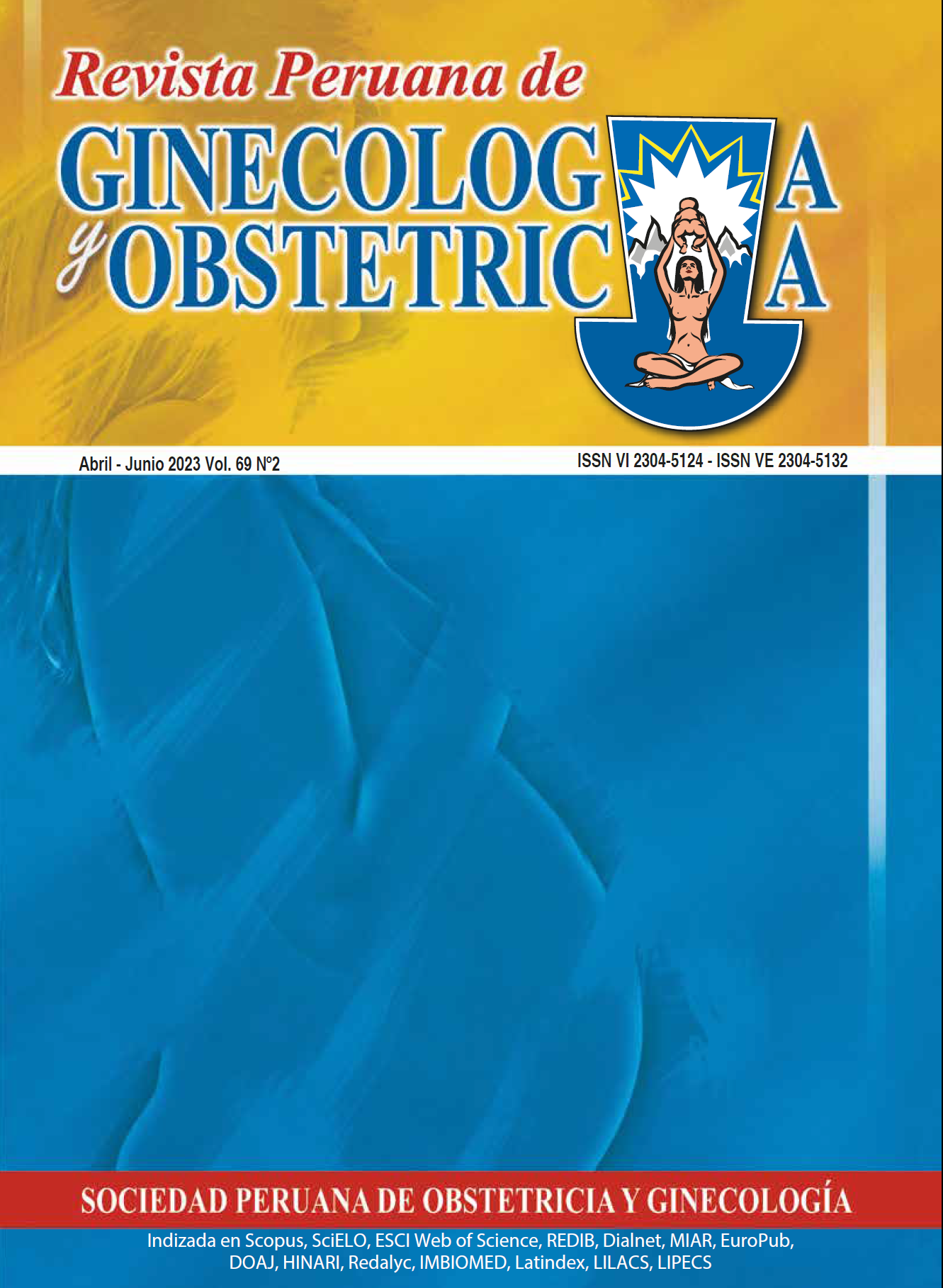The coronavirus conundrum – Consequences of the SARS-CoV-2 infection in humans – The brain – Pregnant women and newborns
DOI:
https://doi.org/10.31403/rpgo.v69i2513Keywords:
Coronavirus infections, SARS-CoV-2, COVID-19, Viral replication, SARSCoV- 2 vaccines, Cerebrum, Pregnant woman, Fetus, NewbornAbstract
The SARS-CoV-2 virus continues to replicate. Its new variants would not be causing
the deaths and serious hospitalizations of the years 2020-2022, so the World Health
Organization (WHO) has declared the end of the state of health emergency. Until May
24, 2023, the WHO coronavirus dashboard shows more than 766 million confirmed
cases, and about 7 million deaths in the world, with greater concentration in Europe,
Western Pacific, and America (especially the U.S.A. and Brazil). Europe and China
prepare for new virus breakthroughs. Therefore, health precaution is recommended,
as well as compliance with vaccination and boosters, and the development of new
vaccines. We comment on the fragility of randomized trials published in the first two
years of the pandemic, as well as recent findings of which patients with COVID could
develop long COVID. It is important to know the new scopes on the affectation of
the coronavirus on the pregnant woman, the fetus and the neonate and the initial
follow-up of the latter.
Downloads
Downloads
Published
How to Cite
Issue
Section
License
Copyright (c) 2023 José Pacheco Romero

This work is licensed under a Creative Commons Attribution 4.0 International License.
Esta revista provee acceso libre inmediato a su contenido bajo el principio de que hacer disponible gratuitamente la investigación al publico, lo cual fomenta un mayor intercambio de conocimiento global.















